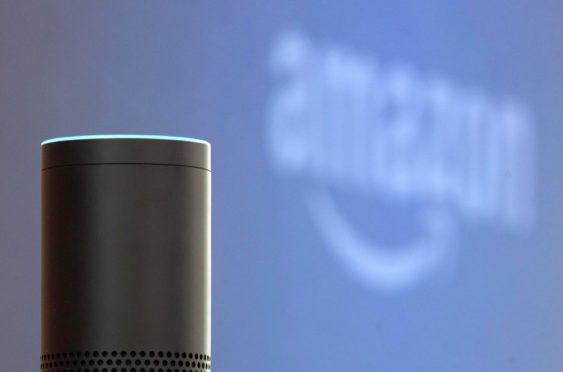
Is it time to make friends with the machines?
My Instagram feed is full of people posting their Lensa portraits. My Twitter feed, similarly, is full of sports reports generated by Artificial Intelligence (AI), limericks and news articles written by the programme du jour ChatGPT. These articles are posted, I presume, to demonstrate the impending obsolescence of journalists.
As entertaining as this is (and I’ll admit, I was tempted to create my very own “hot AI” selfie with Lensa) I do find it all somewhat unnerving.
I’ve always rather prided myself on being a Luddite. I was one of the last of my generation to get an iPod (remember them?), was late to the smartphone game, and only consented to getting an Alexa in the house last year. I’d resisted them for years, partly because I’m extremely wary of tech, especially after watching the film iRobot, and am loathe to spend a fortune on a domestic appliance that could ultimately hold me hostage in my own home. Mostly, however, my reluctance with technology is due to the fact that I just don’t understand it.
And I’m not alone, nor will I be. According to computer scientist and futurist Ray Kurzweil, computers will have human-level intelligence by 2029, which isn’t that far away. The “singularity” – the point in time when AI will eclipse human intelligence – is estimated to be 2047. From then we’re unlikely to be able to control artificial intelligences, let alone understand them. For so long humans have prided ourselves as being unique, the top of the chain, smarter than all the dumb animals below us… in around a quarter of a century, we’ll be relegated and at the mercy of AI, the way cockroaches are at the mercy of a well-aimed boot.
To make matters worse, there’s nothing we can do to reverse this trend, or so I thought. I sat down with author and former head of Google X, Mo Gawdat, to try to alleviate my fear of the machines.
He told me that we’re in a classic prisoner’s dilemma. Because of the capitalist system we’ve built, we have to keep building and developing AI because if we don’t, our competitors in Russia and China will. There’s no way to put the genie back in the bottle.
But apparently there is a way to mitigate the effects of our incoming AI overlords, and that is to stop being awful. According to Gawdat, AI is still in its infancy, and is currently the equivalent mental age of a toddler right now. It’s able to do basic things, like copy pictures and regurgitate text and imitate its “parents”. The problem as he sees it, is that AI in its infancy is being given the wrong cues and wrong sense of priorities.
Take the claims of racism in AI. Computers aren’t racist but society, unfortunately, is. When AI is given inputs that prioritise white men in positions of power, that show women consistently earn less than men for doing the same job, and that people of colour tend to be employed in low-skilled jobs, it will take those “facts” as read and replicate them.
More widely, Gawdat argues, the current focus on investment in AI is directed into four key areas: selling, killing, gambling and spying (otherwise known as advertising, the defence industry, trading and surveillance). What message are we sending to AI when we prioritise these?
It may seem a rather daunting prospect, however Mo Gawdat remains unusually optimistic. Apparently we still have time to influence the machines, but we have to be better. Rather than prioritising being horrible, we need to start showing more compassion. So instead of firing off angry ripostes on Twitter, we need to be more Zen. Spend time looking at things which bring joy, rather than getting into hateful slanging matches.
For me, I’m going to try stopping yelling at the Amazon Alexa and being more patient with it. It’s up to all of us to show AI how to build a better, more compassionate world. We’re passing the challenge on to more intelligent and capable entities, and rather than feeling overwhelmed and fearful, that should fill us with hope.

Enjoy the convenience of having The Sunday Post delivered as a digital ePaper straight to your smartphone, tablet or computer.
Subscribe for only £5.49 a month and enjoy all the benefits of the printed paper as a digital replica.
Subscribe